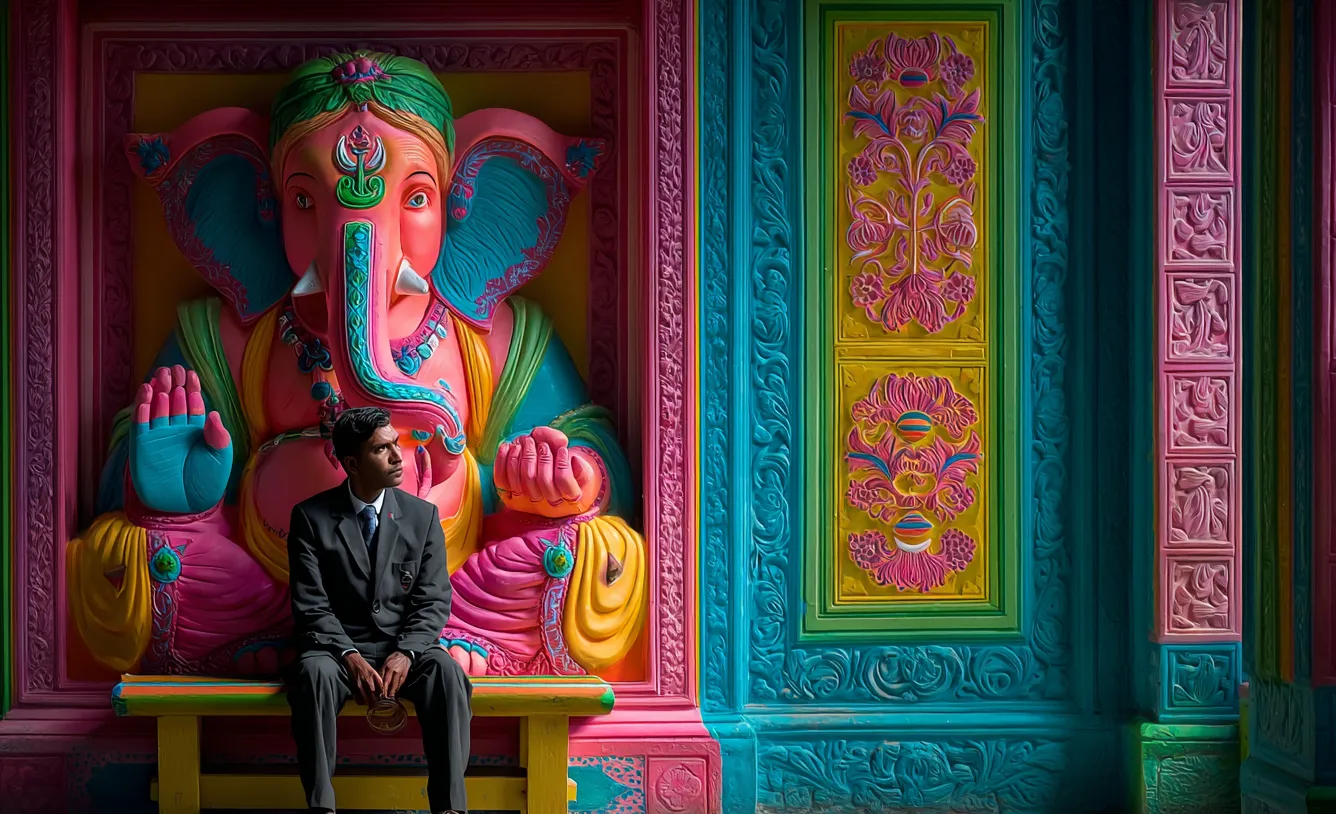On Relating to People
In 2014, I was scheduled to start my sales stint in Mumbai. I was part of the prestigious International Graduate program at the Standard Chartered Bank. The program exclusively recruited from top MBA colleges in the country and rotated them across various functions in the bank, including a training stint abroad.
We considered ourselves hotshots. We dreamed of flocking the boardrooms in crisp suits and designer ties. We thought we knew it all, and our superior communication skills would separate us from the pack.
So with this confidence ( or overconfidence), a sharp, freshly pressed suit and a tight elevator pitch, I hit the streets of Mumbai. My job was to help the bank open more current accounts. These are the accounts opened by the companies in banks to carry out their transactions. I was given the SME segment and had to compete with other salesmen. The idea was that after our training, we would be handling a team of salesmen, so we should understand the work and the grind.
I failed miserably. In two weeks, forget an account - I could hardly get a foot in the door. I remember my fellow IG graduate and me sitting at a bench next to a Ganesh Pandal, wondering how we failed so badly. The stint was a reality check.
You see, Mumbai businessmen believe in a few principles - simplicity and profit. It won’t be a surprise to find a millionaire wearing a half-sleeve shirt, a neatly pressed pair of pants, and high-quality Kolhapuri chappals. This person would usually be religious, starting the day by lighting agar battis in his office, performing a small pooja, and then beginning work. He would be civil but not have a lot of time for bullshit. He would like to know: what can you do for him, and what can he do for you? Being civil, he will offer you a sweetened half-cut tea nearly always.
When such a person saw a young twenty-something boy, still wet behind his years, walk into his workplace in a crisp suit, speaking English, telling him how his bank account would change his business and refusing the sweetened tea, his guards went up. The first instinct was not to trust this interloper. The next instinct was to be bemused as to why somebody would wear a full suit in this humidity. The final instinct would be to establish his authority, telling the person that he does not have time - the implied signal being - this is my space and I am the king here and I do not recognise you, I reject you and I banish you.
I noticed that the other successful salespeople would dress like owners, speak a few words in the owner's language, participate in the pooja, and latch onto the offer for tea. They used this time to talk about the business and establish a connection, explaining the product.
So, the next day, a crisp white shirt replaced the suit, and a folder took the place of the bag. I hit the streets again, this time speaking the local language. I would first bow in front of God, then take the sweetened tea with relish, explain who I am and what I am doing and establish a connection. The same owner now saw a boy, probably of his kids’ age, who had the same value system as his family. He took on the role of a benevolent uncle, trying to understand more about me, and gave me more time, even explaining the nuances of the business. Many people opened their Rolodexes to help me, simply because they could relate to me. By the end of my stint, I was doing as well as the best salespeople.
At the core, we are still tribal. We feel safe and only let our guards down when we understand that the other person is part of our tribe. To do well, one needs to relate to the other person and understand their value system. This will only come when one starts with respect, genuineness and curiosity. Only then can a connection be established.
All successful people play long-term games. To play a long-term game, you need a genuine connection!

